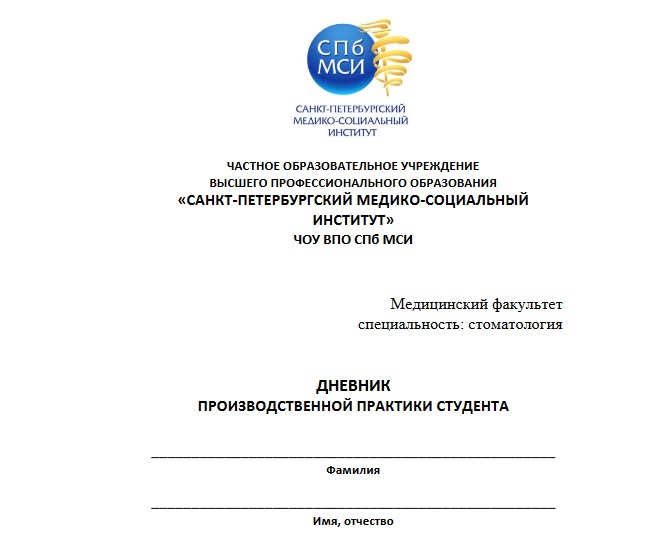Dnevnik Raboti Biblioteki

Research for this article was funded by the Arts and Humanities Research Council, UK (AH/J00362X/1), and the British Academy (SG101445). I am especially grateful to the staff at the Russian State Library and the Scientific Archive of the Russian Academy of Education in Moscow for their assistance in providing the necessary sources. I would also like to thank, for their feedback and support, Catriona Kelly, Aleksei Obukhov, Vitalii Bezrogov, Fadhila Mazanderani, and the two anonymous referees who assessed the manuscript for The Russian Review. Parent diaries of child development and early upbringing–sometimes referred to as “mothers' diaries”–are an important source in the historiography of Russian childhood.
The article situates the production of Russian parent diaries, as practice and discourse, in the history of the Russian child study movement between the 1880s and the 1930s. It traces the key socio‐cultural and professional contexts in which parent diaries were initially promoted in Russia between the Great Reforms and the First World War. It discusses in greater detail two diaries published in the mid‐1910s (those of A.
Bondarchuk, Z. Rabota kommunistov v domoupravleniiakh / Z. (Biblioteka agitatora) At head of title: APPO TSK VKP(b). Zolotoi rubl', funty sterlingov i banknoty Gosudarstvennogo banka: dnevnik kursov: posobie dlia. Dnevnik 1919 g.: Nʹoĭskii͡at miren dogovor. Bibliographic information. Publication date: 2005; Series: Biblioteka 'Bŭlgarska pamet'; ISBN:.
Levonevskii and E. Krichevskaia) as examples of very different kinds of positioning of Russian parents on the boundaries of expertise in early child development, care and education ( vospitanie). It then analyzes the way in which some Russian psychologists (especially N.
Rybnikov) enrolled parental diary‐keeping as an “objective” methodology in psychology in the late 1910s‐early 1920s. Vse formuli trigonometrii v tablice gratis. In this context, it examines, as a counter‐example, the idiosyncratic framing of the diary written by V. Rybnikova‐Shilova (1923), in which, unusually, maternal subjectivity was explicitly built into the scientific legitimacy of a child development diary.
The conclusion sketches out the fate of parent diaries, especially as a method and genre of psychology, up until and beyond the 1936 liquidation of Soviet pedology under Stalin.
Catalogs: 15 1926 Ashet (Paris) 1959 Ahda Artzt Gallery (New York) 16 1936 Biblioteka Znanie (Paris) n.d. Chapelle Orthodoxe (Paris) 1946-1947 Exhibition of the King's Pictures (London) 1959 Fellner, H. Contoh program kasir dengan php programming tutorial download.

(London) 17 1953 Four Continent Book Corporation (New York) n.d. Izdatel'stvo (Paris) 1952 Ideal Bookstore (New York) 18 1960-1961 Kersha Books (New York) 19 1925-1926 Kratkii Katalog Russkikh Knig (Paris) 20 1926 Feb Logos (Berlin) 21 n.d. Mezhdunarodnaia Kniga (USSR) 22 1929 Feb-Apr -'- 23 1929 May-Jun -'- 8 24 1929 Jul-Sep Mezhdunarodnaia Kniga (USSR) 25 1929 Oct-Dec -'- 26 1930 Jan-Feb -'- 27 1930 Mar -'- 28 1930 Apr -'.
29 1946-1948 -'- 30 n.d. Russkaia Kniga (Revel) 31 1926 Russkii Golos (Czechoslovakia) 1954 Russkii Kustar' (San Francisco) 32 1926-1927; Russkaia Starina (Prague) 19-1931 -'- 34 1932 -'- 35 n.d. (USA) 1928; 1930 Slavianskaia Vzaimnost' (Belgrade) 36 1908-1915 Starye Gody – subscription forms Journals and Journal Clippings: 9 1 1948 Bor'ba, #14-16 2 1949 - ' -, #1-5 3 1949 - ' -, #8-12 4 1949 - ' -, addendum 9 5 1933-1937 Cherpachek 6 1958 Jan Current History 7 1933; 1938 Illiustrirovannaia Rossiia 1934 Mar 22 Illiustrirovannaia zhizn' 1917 Iskry.